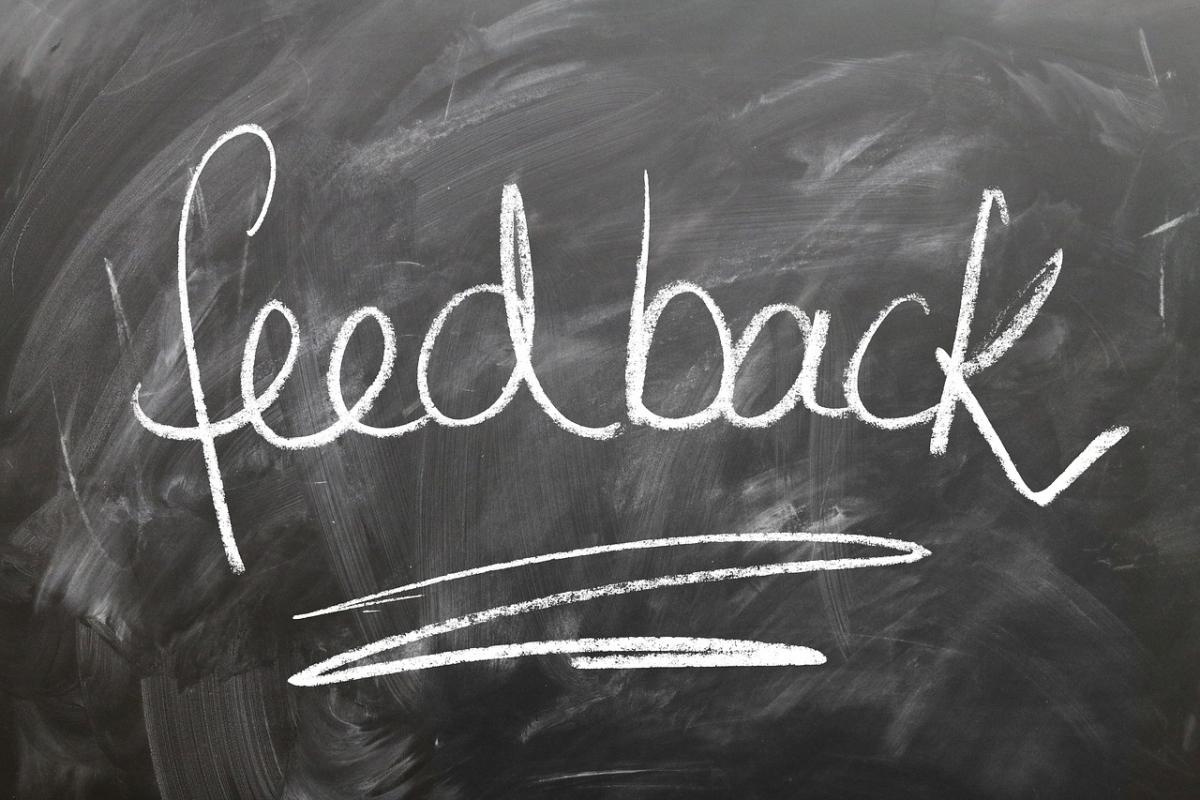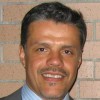NJ Teacher Evaluations: An Inside Look At Its Impact On Schools

What characteristics do teachers need to be more than great, or more precisely, to be highly effective? In the past few years, policymakers, educators and teachers have fiercely debated this question. Although we now have a standardized system of evaluation in the state of NJ, it’s still in its nascent stage. The significance of each factor used to measure effectiveness is still in flux as are the performance metrics themselves. The Christie Administration’s recent release of effectiveness scores for public school teachers, principal assistants and vice principals has brought this topic of teacher evaluation reform back to the forefront of discussion amongst NJ teachers and educators.
In light of this current event, I sat down with Dr. Irene Hall, a school leader and co-founder of Discovery Charter School to reflect upon the subject of teacher evaluations:
Question: What aspect of the school’s mission relates to teacher evaluation?
Dr. Hall: Given we employ the “discovery learning” educational framework for our students, and provide a support system to allow ALL of our students to become lifelong learners, we similarly seek to provide our teachers with the same framework and tools to grow into successful educators by separate formative and summative evaluation systems for both school leaders and teachers.
Question: Explain what you believe to be the role and responsibilities of teachers?
Dr. Hall: Because we are a very small school, teachers play varied and complex roles. Teachers are expected to be involved in multiple elements of sustaining and improving our learning community. As a result, we expect our instructional staff to have high expectations for all our children, and believe that all children have the right to a safe, learning environment and an excellent education, and are committed to ensuring the growth and success of each child.
Question: How do you see teacher evaluations serving a purpose other than for summative evaluation?
Dr. Hall: I believe our new evaluation system can be used by teachers to grow through professional development, with a focus on researching and creating curricula that engage students effectively. In that sense, I see our teachers themselves as active learners, reflective about their own teaching practice, and welcoming to the input of our school leaders vis a vis evaluations to continue their pedagogical growth.
Question: I see you mention PD. How do you envision PD fitting into the concept of formative evaluation?
Dr. Hall: I believe PD allows teachers to engage in collaborative practices with other teachers, and believe that this translates into playing a part in building a positive school culture and improving our school curriculum.
After speaking with Dr. Hall, I interviewed a veteran teacher—employed by Discovery Charter for nearly 15 years—to discuss the impact of teacher evaluations on his professional practice:
Question: How do you see teacher evaluations serving a purpose to you other than for summative evaluation?
Veteran Teacher: I can appreciate how school leadership needs a device to measure how well I teach, and understand the pressures that goes along with that, but to their credit, the summative part is something that is not only secondary to the formative assessment of my teaching, but something in which I am an active participant. Being able to work with people like Dr. Hall on expanding my professional development, setting goals to make me a better teacher, and aligning my abilities with the school’s vision for its staff is the best of all possible worlds – and a huge difference from the more oppressive approaches of the past.
Question: If you could change one thing regarding the evaluation system in place, what would that be?
Veteran Teacher: Adding a part that speaks more to the time that teachers must dedicate to preparing for class, lessons and parents. This is more intangible than what is currently included in the State’s evaluation system, and I have found that it often goes unnoticed. I would also like to see peer observations included, but not for purposes of summative evaluation. As a more experienced teacher I’d like to be able to not only advise my colleagues with tips and pointers, but to also improve my own professional practice by observing the remarkable skills of others in action so that I can use them with my own class.
Now it’s your turn to sound off on New Jersey’s standardized teacher evaluation system. What purpose have teacher evaluations served to you professionally? Have they impacted your daily professional practice? What impact do you foresee the increased weighting of student test scores having on you professionally, and on your school’s culture?

 Dr. Renier Pierantoni is an Adjunct Professor of Rutgers University's Alternate Route Regional Training Center, a program offering 200 hours of formal instruction to alternate route provisional teachers seeking standard certificates for elementary (K-5), ESL, N-12 subject area and careers in technology.
Dr. Renier Pierantoni is an Adjunct Professor of Rutgers University's Alternate Route Regional Training Center, a program offering 200 hours of formal instruction to alternate route provisional teachers seeking standard certificates for elementary (K-5), ESL, N-12 subject area and careers in technology.





